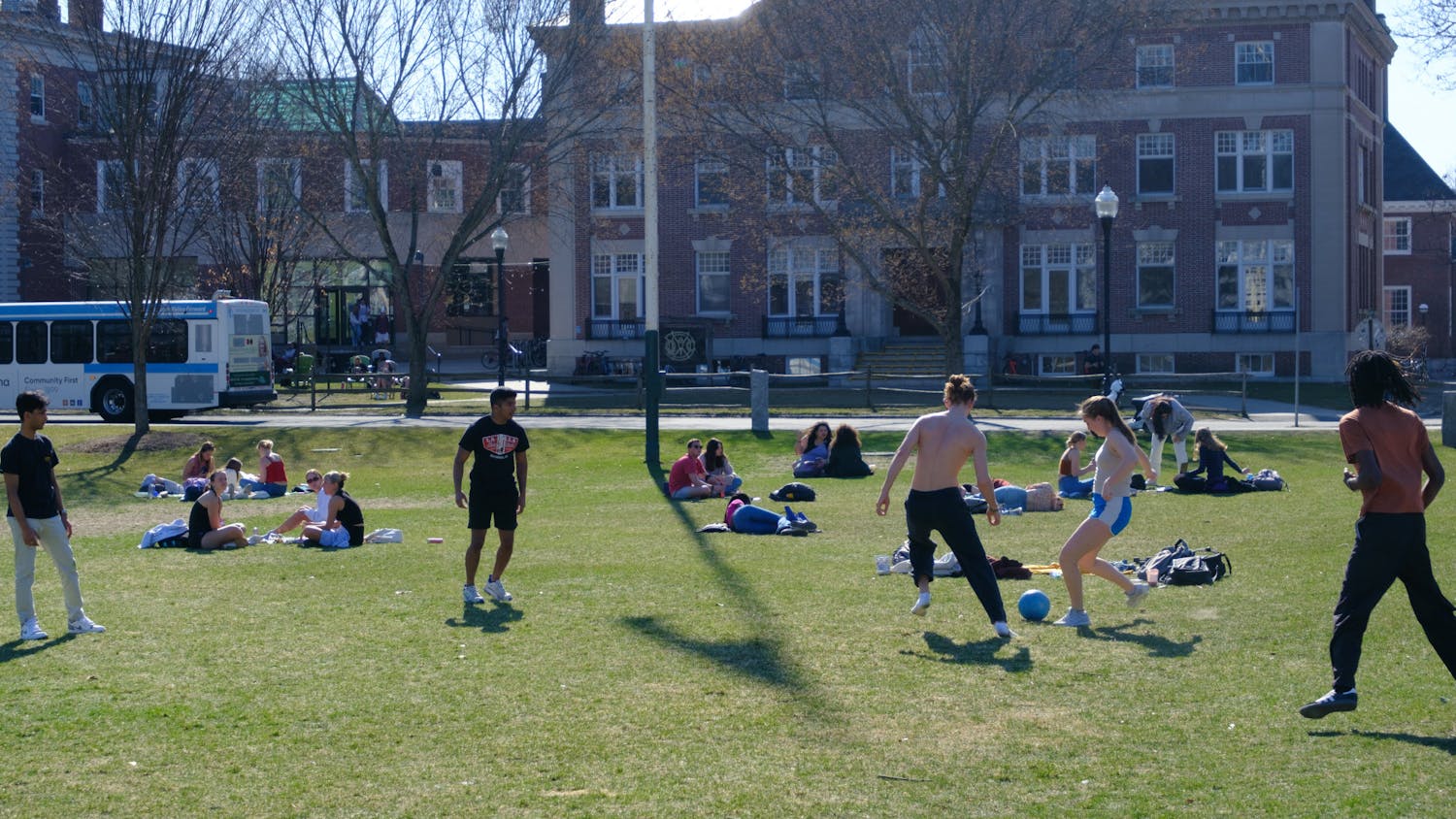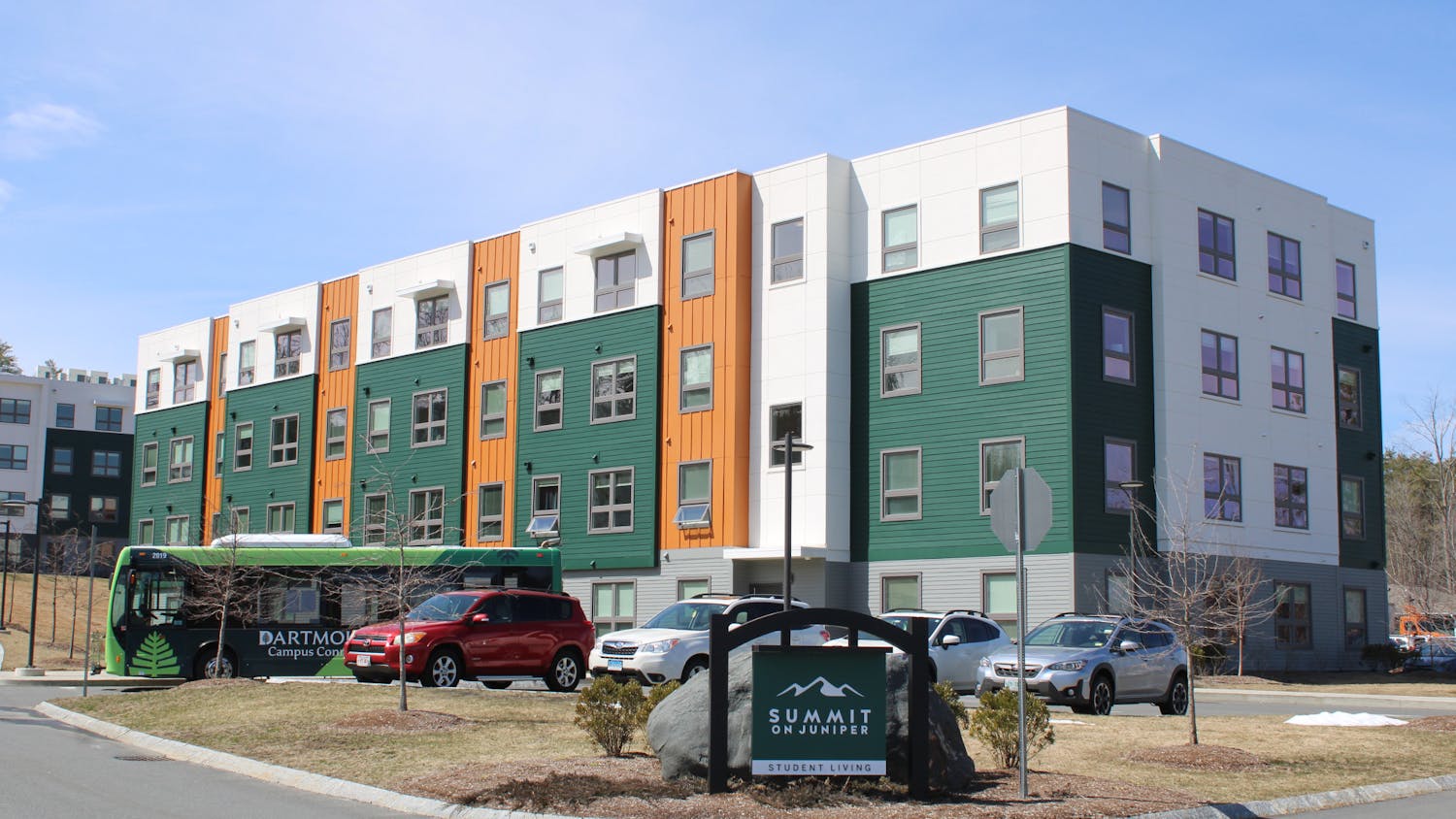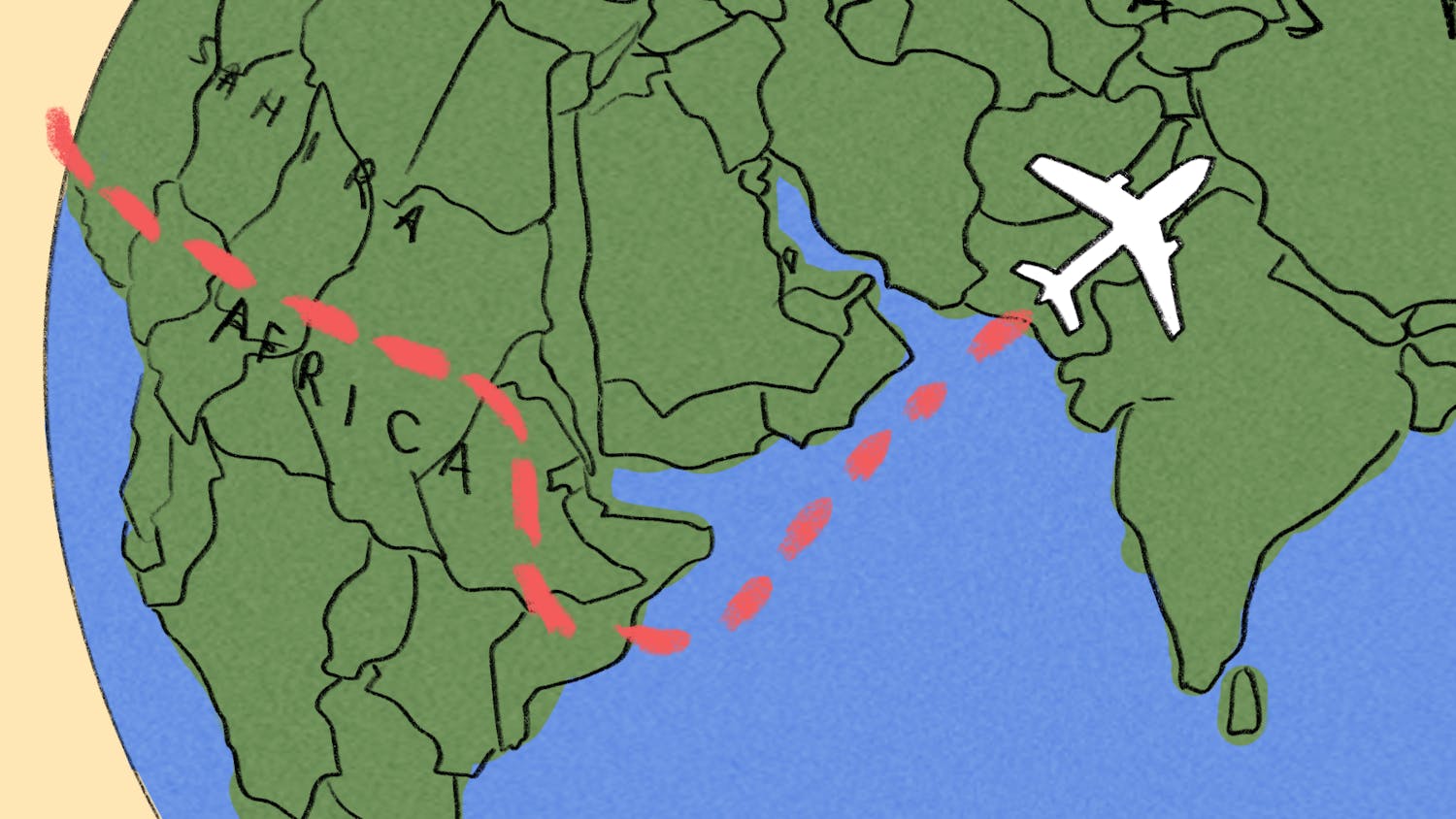Time and experience, however unnoticed they may be, are perhaps the most integral aspects of Dartmouth’s culture and image. We’re older than the U.S. itself, and our 1769 date of establishment is proudly emblazoned across a myriad of surfaces around campus. We’re a college that’s doused in tradition, and we’re proud of it.
As a student, it’s nice to think that each of us will leave an individual and lasting effect on the College while here. Four years, however, is a small snapshot in the long and continuing history of Dartmouth. There were thousands of students before us, and there will be thousands more after, but is the Dartmouth that previous generations experienced the same one that we live in now?
Older generations seem to find satisfaction in preaching to us younger folk about the personal struggles they had to endure to succeed. We’ve all heard the same stories of more reading and more corporal, less forgiving professors. Particularly confusing and horrifying are the tales of completing assignments in a pre-Google era, where people had to do research using books. Real life, actual books. I shudder at the thought.
Chemistry professor John Winn addressed the rumor that we have it easier these days, saying that current students are far better prepared to enter college than their predecessors. Students at Dartmouth, he said, have always been academically talented and driven. In fact, Winn, who has been teaching at the College since 1982, praised recent students for their increased levels of interest in taking graduate-level courses and doing independent projects and research.
“I have seen a higher level of preparation among current students than those 30 years ago,” he said. “Many students nowadays are even more capable of advanced study, research and publication than they used to be.”
Geography professor Jennifer Fluri, who has taught in the department for nearly a decade, said she has added projects to reflect shifting interests toward experiential and community-based, hands-on learning.
“I wouldn’t say it’s a lack of intellectuality or any less academic than it used to be,” she said. “More than anything, I’ve noticed a change in the ways that students want to learn. But not that they want to stop learning.”
Fluri said she now incorporates projects into her qualitative research class that involve students going into the Upper Valley to conduct interviews and personally collect data. This move outside the traditional classroom reflects students’ increased involvement and interest in extracurricular activities.
Instead of focusing on homework after attending classes, students now spend their precious daylight hours participating in a wide variety of extracurriculars not offered during earlier periods in College history. Winn said that professors are aware that students today often have countless obligations outside the classroom, with some spending most days wrapped up in activities unrelated to academics. Though an increased emphasis on extracurriculars reflects greater student engagement, it can also have negative consequences.
“When we have famous speakers, the events are always packed,” Fluri said. “Sometimes, though, when we invite a public intellectual or a guest speaker, there are definitely less students than there used to be.”
Fluri was quick to mention that this does not necessarily indicate a lack of intellectuality. On the contrary, she said she believes many students are simply too busy with other activities to attend optional lectures and events.
Though students’ increasingly packed schedules may seem like an attempt at beefing up a resume, this isn’t the way economics and public policy professor Charles Wheelan, who has worked at the College for seven summers and two full years, perceives the trend.
“From what I’ve seen, the increasing attention to extracurriculars from students comes from genuine interest,” he said. “It’s not the same high school attitude of becoming the vice president of the French club to put on your application.”
Growing attention toward extracurriculars, however, isn’t the only change these professors have noticed in students. Grade inflation at the College is frequently discussed in hushed tones and in the privacy of teachers’ lounges, but it has come to national attention as the result of growing competition in the job market. With this trend comes a growing student obsession with receiving an “A” in every class. Last year, a common practical joke featured a website called “What would my Harvard grade be?” that featured only a giant red “A” in the center of the page.
Fluri said she has resorted to creating a formal system for student grade complaints because of how often students feel the need to confront their professors about grades.
“Another faculty member in the department has this joke that giving a student a B is a declaration of war,” she said. “I don’t necessarily agree with that completely, but it certainly feels like that sometimes.”
As a member of the chemistry department, Winn sees many pre-med students pass through his classrooms. The pressure medical school puts on students, he said, can be rather frightening. Today’s students feel pressured to receive perfect grades in order to get into medical school or do well in the professional sphere.
“One day, when Western civilization collapses into a big heap, we will be able to trace it back to the MCAT exams,” he said.
Winn, along with other members of the chemistry department, has been plotting GPA medians for both his department and the College since he first came to Dartmouth. If the current trend continues, he said, the average grade point average will be 4.0 by 2040.
This growing grade obsession among students connects to anxieties about professional futures. Wheelan, a member of the graduating Class of 1988, said this change is evident in students’ increased and earlier attention to corporate recruiting.
“Corporate recruiting is creeping earlier and earlier into the Dartmouth cycle,” he said. “For us, it was a crazy time, but it was almost only senior year, and even then senior winter and on.”
He said he now sees sophomores who are interested in corporate recruiting, and that the old adage that sophomore and junior summers were a last chance for fun and adventure has started to disappear. Wheelan said his wife, another member of the Class of 1988, biked from Mexico to Canada over her junior summer. Many juniors now spend these summers at internships to secure a job after graduation.
While the old traditions have not yet failed, it’s obvious that Dartmouth’s academic culture has changed in many ways. Even in the last decade, professors have noticed obvious shifts in student culture and attitudes. It’s important to remember, though, that these evolutions aren’t always negative. While we may be more interested in our extracurricular activities and our blossoming futures, students now aren’t necessarily less academic. And I certainly look forward to telling the younger generations about my struggles of walking a mile in the snow, uphill both ways, just to find a working GreenPrint station.



